Is the Zangi app safe? A 2025 guide to privacy, encryption, and risks
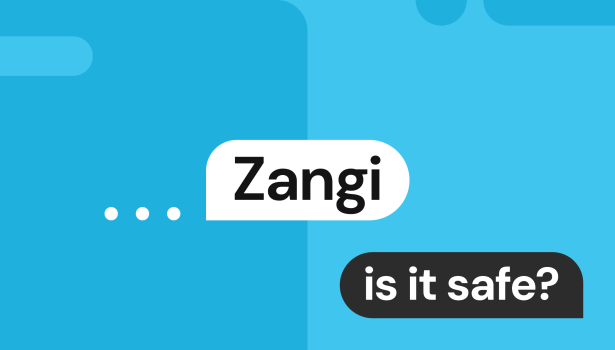
Zangi is safe to use—as long as you know who you’re talking to. The messenger offers strong encryption and your chat history is stored only on your device, not on Zangi’s servers. You also don’t need a phone number to sign up and the app claims to collect no user data whatsoever.
However, Zangi hasn’t undergone as much public scrutiny as mainstream apps, so security claims haven’t been independently verified. Additionally, the messenger is frequently exploited by scammers who take advantage of the anonymity it provides.
Ultimately, if you use the app to chat with people you know and avoid sharing sensitive information—you’ll be safe. Just make sure you stay educated on the latest scam techniques and verify identities before engaging with new contacts.
What is Zangi?
Zangi is a messaging and calling app designed to give users control over their data and communications. It was developed in Armenia but is currently headquartered in Santa Clara, CA (though it maintains offices in Yerevan). As for the year it was founded, sources vary—some report 2013 while others list 2009. Starting in 2015, Zangi became available for both Android and iOS, providing core functions like messaging, voice and video calls, and file sharing.
What makes Zangi different from other messengers is its approach to user data. Calling itself “The New Era Messenger,” it claims to collect no user data at all. It also doesn’t require a phone number or any other contact method to sign up. Instead, it assigns you a Zangi Number to use for login and connecting with friends.
Is Zangi safe to use?
Zangi is generally considered safe to use. It seems to put user privacy first and implements strong security measures to keep user data safe:
Serverless architecture
Zangi employs a unique peer-to-peer (P2P) architecture, in which messages are sent directly between users and chat history is stored only on users’ devices.
“Serverless” doesn’t mean there are no servers involved whatsoever. Rather, it means that Zangi doesn’t use a central server/ cloud to handle communications or keep a record of them. A network of distributed relay servers (or nodes) only handles the delivery path (establishes connections and routes encrypted data between users).
This is a bit of a double-edged sword. On the one hand, it means there’s no server full of user data for hackers to hack into. On the other hand, it means that chats are device-specific and you’ll lose them if you lose your device. This may be an inconvenience for some people, but it’s a feature, not a bug.
Three layers of encryption
By default, all your communications (calls, messages, and media) are protected with 3 layers of encryption:
- A proprietary handshaking mechanism encrypts authorization and session key exchange.
- Dynamic channel encryption is used for each session between the user and the server.
- Finally, end-to-end encryption ensures that only the sender and receiver can access messages.
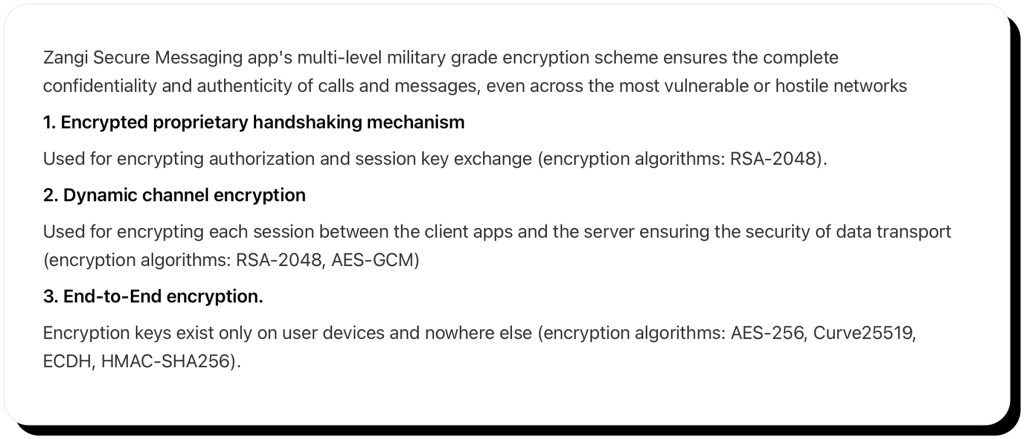
Due to this robust structure:
- Even if a hacker hijacks one session, they won’t be able to decrypt the whole chat.
- The user remains the sole owner of all communications. No third party, including Zangi, can access them.
- Once a message is deleted, it’s deleted for good and isn’t stored on some server online.
Zangi’s secure file transfer via a temporary repository
If you’re sending someone a file over the app, it breaks it up into small pieces and encrypts everything. It will be sent via a “one-time secure path” to a temporary repository, and then from the repository via another secure path to the receiver’s phone, where it gets decrypted.
Once the file has arrived at its destination, the copy gets permanently auto-deleted from the temporary repository.
No metadata collection
Even the currently most secure messaging app, Signal, collects some user data, including a phone number. Zangi, however, claims to collect no user information at all.
As you don’t need to provide a phone number to register, the messenger simply doesn’t know it. As for other data typically collected (timestamps, device info, usage patterns, etc.), Zangi claims not to collect even that.
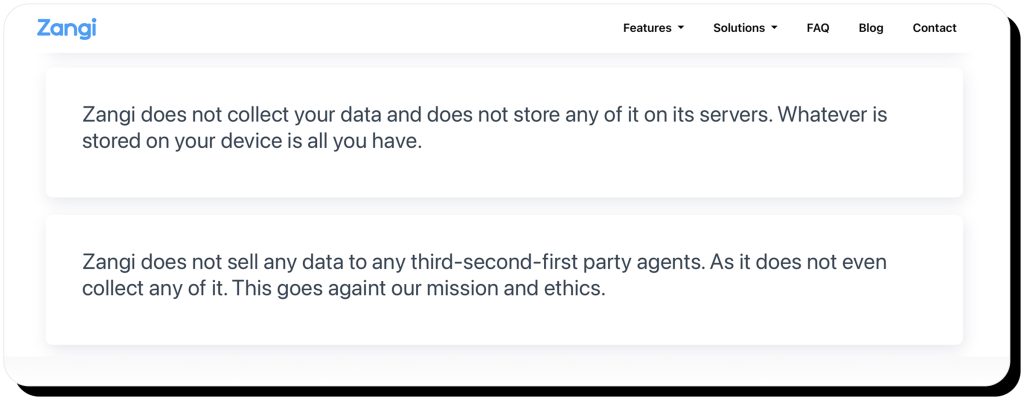
Independent infrastructure
Zangi is privately owned and isn’t affiliated with any “Big Tech” company. It’s fully independent which means it doesn’t have to engage in data sharing and user tracking practices major companies are known for.
Potential limitations of the Zangi app
People have a ton of choices when it comes to messaging apps these days, and Zangi’s not at the top of most people’s list. If you’re a Zangi user, you’ll probably only be able to find a handful of your acquaintances on there at best. So, one of the biggest limitations is that Zangi currently can’t be your universal messenger simply cause a few people use it.
Another major limitation is that its code isn’t fully open-source. Zangi makes pretty bold claims about its encryption mechanism and no data collection, but they aren’t backed up by numerous third-party reviews. If the code was open-source, more independent experts would be able to check it and verify the claims.
You also might notice higher battery usage as a result of Zangi’s peer-to-peer setup. P2P apps can cause battery issues on mobile devices because they have to maintain an “always on” connection, which keeps your phone from going into low-power mode.
Lastly, you can’t recover an account in case you lose a device or forget your password. Accounts are device-specific and Zangi can’t send any reset emails/ texts since it doesn’t collect your contact details.
The issue with scam activity
Zangi seems to be a great choice for those who want to avoid data collection practiced by “Big Tech” and those who require maximum privacy when passing information. These typically include journalists, whistleblowers, and activists.
However, there’s another group of people who take advantage of the app’s anonymity—scammers.
One scam that seems to be particularly on the rise these days is celebrity impersonations. Fraudsters contact victims via other apps (say Instagram, Whatsapp) and ask to download Zangi to chat further. Then, at a certain point, they ask for gifts, money transfers, or personal information.
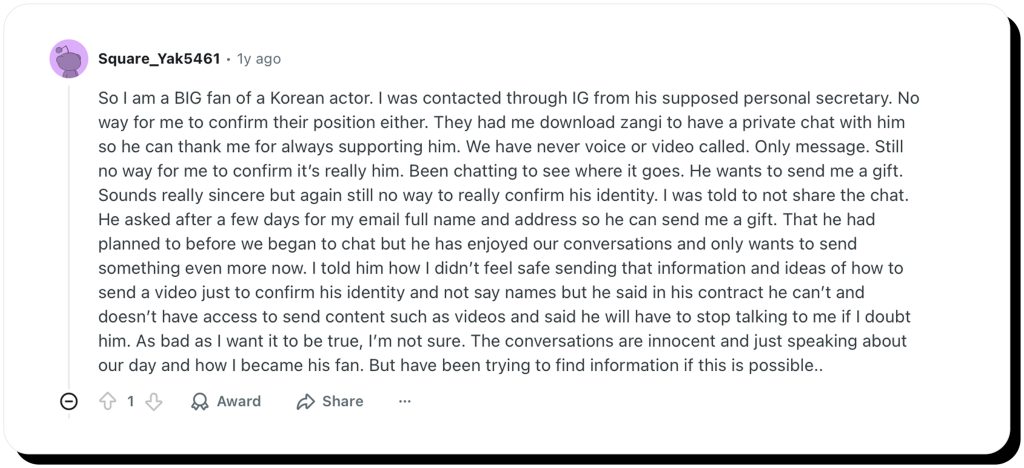
Other unfortunate users have been victims of sextortion schemes, in which a scammer convinces them to send explicit photos and then threatens to share the photos far and wide unless the victim pays a ransom.
The wide presence of scammers isn’t Zangi’s fault or wrongdoing, it’s just the nature of any privacy-oriented app. However, it does mean that users need to be extra cautious and always keep an eye out for potential red flags.
Zangi reviews and reputation
On Google Play, the overall rating is 4.6 out of stars. Many people say that they like the app overall and appreciate the privacy it grants. However, others state that notifications are bugged—don’t show up at all or notify of messages that aren’t available when the app is opened. Some people also say that support is almost impossible to reach.
Zangi’s rating on the App Store is 4/5 stars. Feedback is mixed as well with the issues mentioned being pretty much the same as on Google Play.
Zangi reviews on Trustpilot are largely negative, zeroing in on the high presence of celebrity impersonators and sextortionists on the app. However, one 5-star review praised the app as being “War Zone Reliable” and said they were able to communicate with a Ukrainian friend on the front line.
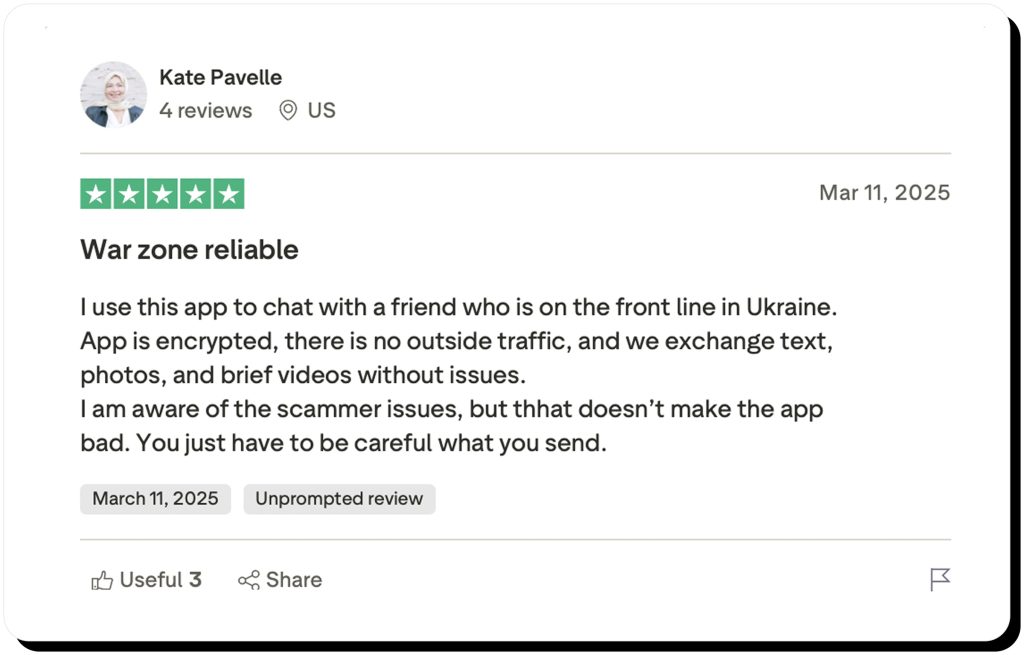
How Zangi compares to other private messengers
For an app that’s been around at least a dozen years, Zangi’s not tremendously well-known. That’s partly because it’s got stiff competition from apps like WhatsApp, Telegram, and Signal.
Let’s take a look at how these stack up:
- Privacy: Zangi’s decentralized model and lack of metadata collection make its privacy claims pretty strong relative to Telegram and WhatsApp. Signal minimizes the amount of data it keeps on users, but it does use centralized servers. However, Signal is open-source and its privacy claims have been repeatedly verified by independent experts.
- End-to-end encryption: Zangi, Signal and WhatsApp use E2EE by default. Telegram doesn’t (but it can be enabled via a “Secret Chat” feature for specific conversations).
- Usability: Zangi really shines when it comes to working well in places with low bandwidth. On the flipside, it’s not as feature-rich as the other, more well-known options. The user interface is pretty minimalist and some people don’t like it very much.
- Scam activity: All four apps have issues with scammers, which is to be expected for any app that lets people conceal their identity. While Zangi has a smaller user base than the others, its above-and-beyond efforts to ensure anonymity are a big draw for bad actors.
Final verdict: Is the Zangi messenger safe?
Zangi is a legit, privacy-focused messenger app that prioritizes user privacy and security. It will suit any privacy-conscious user or professional who needs low-data communication. However, it’s better to avoid sharing highly sensitive details as Zangi’s claims haven’t been widely (and independently) verified.
It also might not be the best choice for an average person due to its small user base and limited features compared to mainstream apps.
FAQs
What is the Zangi app used for?
Zangi is used for secure messaging, voice and video calls, and file sharing. It allows to keep communications private by using end-to-end encryption and storing no metadata.
Who uses Zangi?
Zangi is most commonly used by those who prioritize privacy, want to remain anonymous, or want to avoid data tracking.
Do celebrities use the Zangi app?
It’s possible that some celebrities might use Zangi. However, the real reason many people ask this question is because a supposed celeb has contacted them directly via the app. In such instances, it’s very likely you’re talking to a scammer, not a famous person.

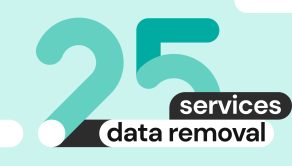


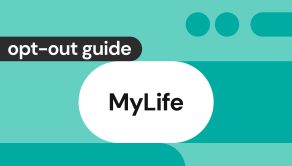
Mark comes from a strong background in the identity theft protection and consumer credit world, having spent 4 years at Experian, including working on FreeCreditReport and ProtectMyID. He is frequently featured on various media outlets, including MarketWatch, Yahoo News, WTVC, CBS News, and others.